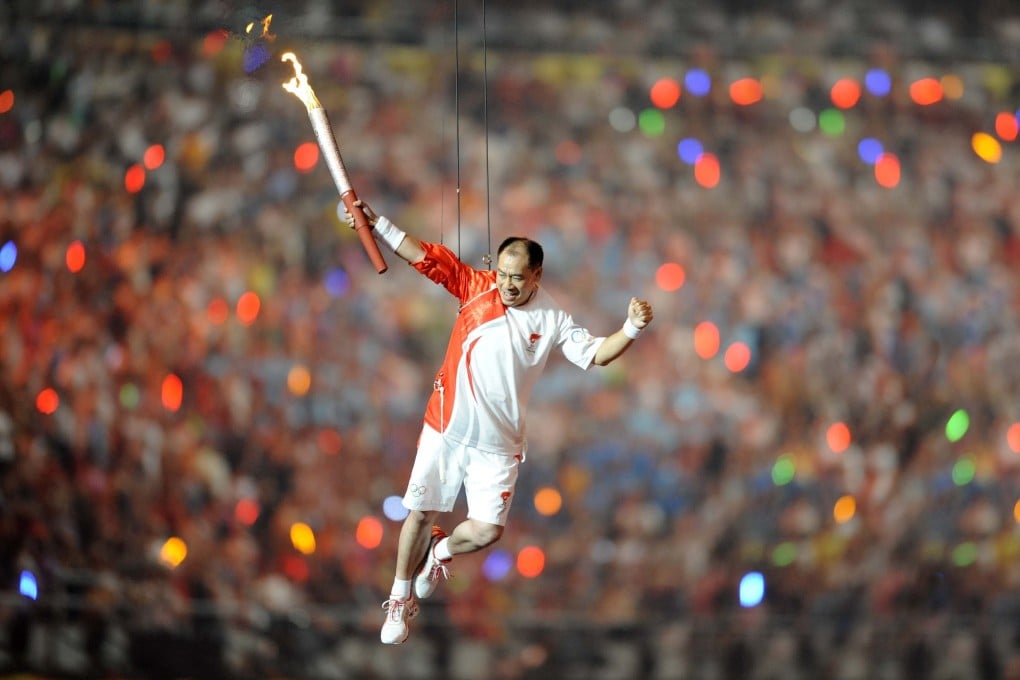Tokyo Olympics: what are the greatest Olympic opening ceremonies of all time?
- Top of the list is China’s coming-out party, Beijing 2008, a monstrous spectacle that will probably never be duplicated
- Modern era has given us some memorable opening ceremonies and also the ever-important ‘Austerity Games’, which brought the world out of the second world war

While Japanese organisers decided to go low key, a number of other opening ceremonies were anything but. Massive spectacles, they featured elaborate costumes, dance routines, fireworks, bells and whistles galore. Intricate choreography, celebrity appearances, colourful storylines interwoven with culture, art and stylistic flair, there are a few that have gone down in history and stood the test of time as legendary for various social and political reasons.
Beijing 2008
This list has to start (and end) with the 2008 Olympics in Beijing. The price tag alone speaks for itself, a reported US$100 million (HK$778 million). The event kicked off with 2,008 drummers beating away in unison, and it never let up for a staggering four-plus hours. Staged inside the architectural marvel that is the Bird’s Nest, Beijing’s opening ceremony was also a coming-out party for China to the modern world, and it spared no expense.
The storyline took us through ancient China right up until the modern day, a showpiece full of artistic detail that played well to the 91,000 spectators, and the millions of viewers around the world. Li Ning, suspended by wires, running along the walls of the stadium, was the cherry on top of an elaborate cake loaded with everything. And then of course, more fireworks. Beijing was a spectacle like no other and came at a key moment for the country – one that will most likely never be duplicated.